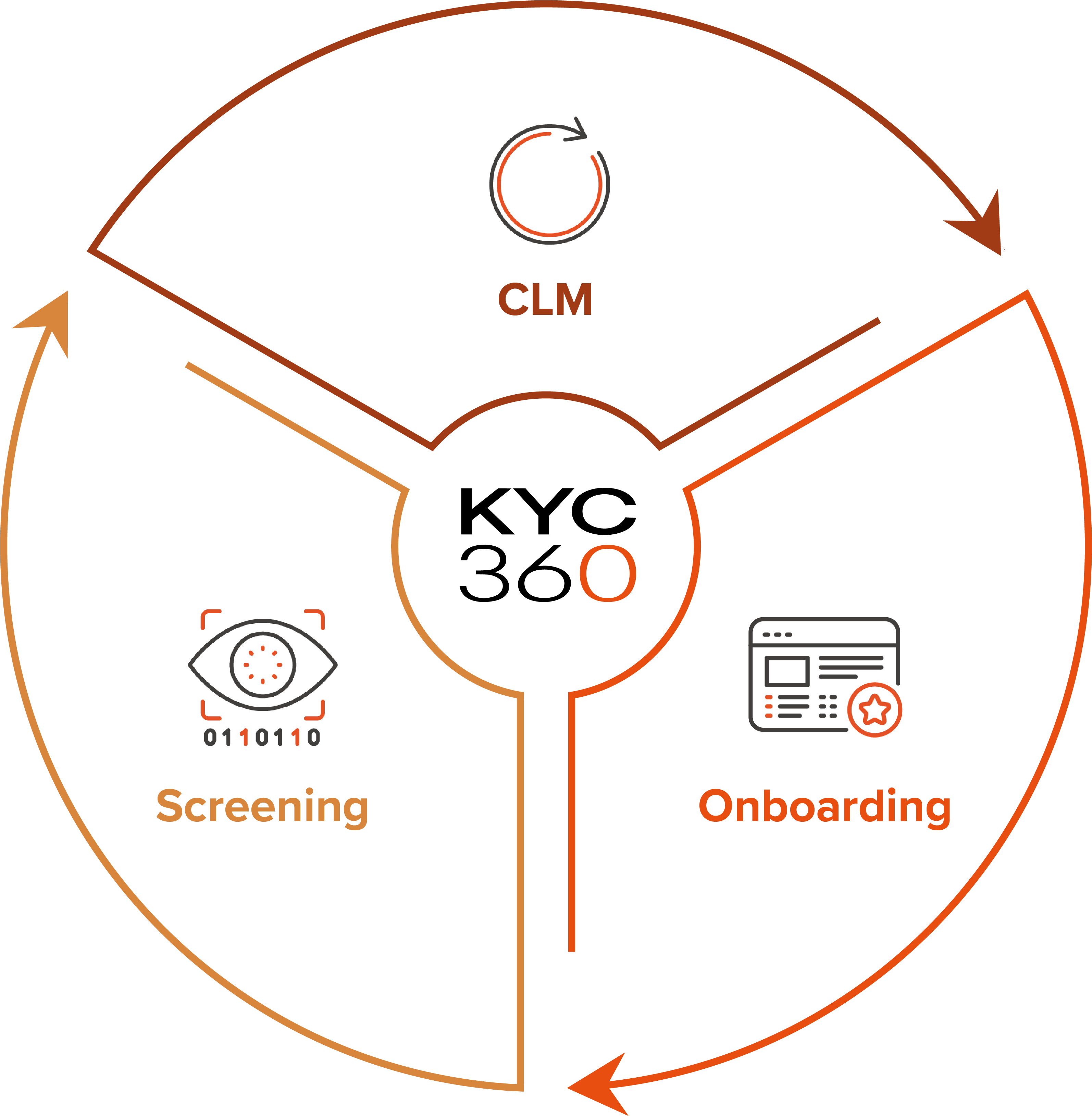In October 2025, the United States, United Kingdom and European Union each introduced new sanctions targeting the core of Russia’s energy revenues, a critical funding source for its military activity. All three jurisdictions announced measures involving Russia’s largest oil companies, Rosneft and Lukoil, as well as actors that enable the continued movement of Russian oil. These actions underline an ongoing international effort to apply economic pressure by restricting Russia’s ability to generate revenue from its energy industry.
Specific Sanctions
United States
The U.S. Treasury sanctioned Rosneft and Lukoil on 22nd October 2025 and called for an immediate ceasefire. Entities owned 50% or more by either company also fall under these sanctions.
United Kingdom
The UK announced 90 sanctions targeting Russia’s oil sector on 15th October 2025. This included sanctions on the two largest oil companies, as well as four oil terminals in China and 44 tankers involved in Russia’s ‘shadow fleet’.
European Union
The EU announced its 19th package of coordinated sanctions against Russia on 23rd October 2025, targeting its energy sector. This included a ban on imports of Russian liquefied natural gas (LNG) into the EU from January 2027 for long term contracts and within six months for short term contracts. It also tightened existing restrictions on major oil producers, Rosneft and Gazprom, and sanctioned three Chinese entities who are major buyers of Russian crude oil.
Why It Matters
These coordinated measures targeting the Russian energy sector are wide-reaching. This means that compliance risk extends beyond company names to associated actors and entities that are supporting Russian oil flows.Checklist for Firms
To ensure alignment with these sanctions, firms must:- Review sanctions exposure
Check whether major Russian oil companies such as Rosneft and Lukoil, or entities connected to them, appear in customer structures, supplier or transaction data. - Look beyond direct relationships
Exposure may arise through affiliated or supporting parties, including those involved in shipping, financing or facilitating oil movements. - Ensure monitoring remains current
As the situation evolves, firms should expect further updates to sanctions lists and associated entities as enforcement continues to tighten. - Record decisions and controls clearly
Clear reasoning and decision history reduce regulatory and reputational risk.
How KYC360 Ensures Effective Sanctions Screening
KYC360 Screening supports effective sanctions compliance through:- Industry-leading data providers
KYC360 integrates world-class data providers, such as Dow Jones, LSEG (World-Check) and LexisNexis, which update their databases directly from OFAC and UK/EU consolidated lists. - Screening across direct and indirect exposure
KYC360 Screening covers both primary sanctioned entities and related organisations, with mapped connections. - Ongoing monitoring
Daily alerts ensure new sanctions changes are identified quickly and managed proactively. - Clear audit trails
All screening outcomes are documented to support regulatory oversight.
Conclusion
These latest sanctions demonstrate how jurisdictions are targeting the entire ecosystem that supports Russia’s oil revenues. As restrictions evolve, firms must ensure sanctions controls remain current, comprehensive and well-documented.
The KYC360 platform is an end-to-end solution offering slicker business processes with a streamlined, automated approach to Know Your Customer (KYC) compliance. This enables our customers to outperform commercially through operational efficiency gains whilst delivering improved customer experience and KYC data quality.
